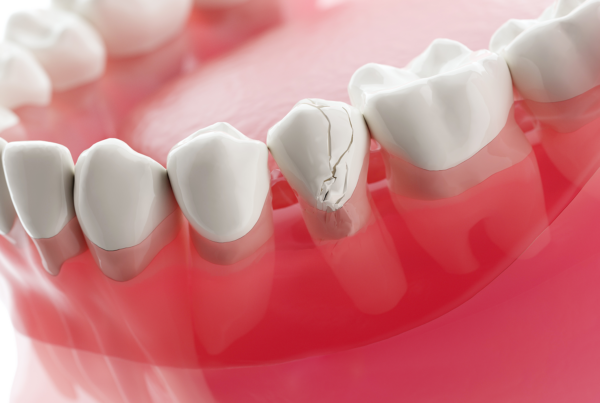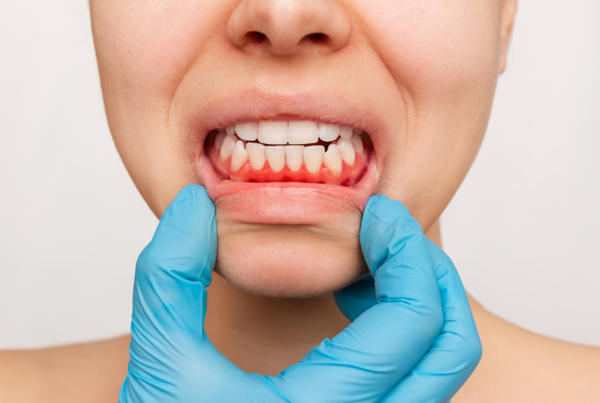Maintaining a healthy smile is essential for both your confidence and overall well-being. However, dental issues like tooth decay and infection can threaten your pearly whites. When faced with a severely damaged or infected tooth, many wonder whether to save it or opt for extraction. Root canal treatment offers a viable solution to preserve your natural tooth, ensuring you maintain your dental health without the need for replacements. In this blog, we’ll explore the ins and outs of root canal therapy, addressing common questions and providing insights to help you make informed decisions about your dental care.
 Should I Save My Tooth or Pull It?
Should I Save My Tooth or Pull It?
Deciding whether to save a damaged tooth or have it extracted is a significant decision that impacts your oral health in the long run. Here are some factors to consider:
Preserving Natural Teeth
Natural teeth play a crucial role in maintaining the structure of your mouth, aiding in proper chewing and speaking, and preventing other teeth from shifting out of place. Saving your tooth through a root canal helps preserve these benefits, ensuring you maintain a natural bite and facial structure.
Avoiding Future Complications
Extracting a tooth can lead to several complications, such as bone loss in the jaw where the tooth once stood. This can affect your facial aesthetics and make it challenging to maintain adjacent teeth. Additionally, missing teeth can lead to difficulties in chewing and increased stress on surrounding teeth, potentially causing more dental issues down the line.
Cost and Convenience
While both saving a tooth and extraction followed by replacement (with implants or bridges) involve costs, root canal treatment is often more cost-effective in the long run. Moreover, preserving your natural tooth eliminates the need for additional procedures and the associated time and expense.
Health Considerations
Saving a tooth helps maintain your oral microbiome balance. Missing teeth can create spaces that harbor bacteria, leading to gum disease and other infections. Keeping your natural teeth ensures a healthier oral environment.
Ultimately, preserving your natural tooth with a root canal is generally the preferred option unless the tooth is beyond repair. Consulting with a dental professional can provide personalized advice based on your specific situation.
 Can a Badly Decayed Tooth Be Saved?
Can a Badly Decayed Tooth Be Saved?
One of the most common concerns is whether a tooth that seems too damaged can still be saved. The good news is that many badly decayed teeth can indeed be restored with the right treatment.
Assessing the Extent of Decay
The first step in determining whether a tooth can be saved is a thorough examination by a dentist. Advanced imaging techniques, such as X-rays, help assess the extent of decay and the health of the tooth’s pulp (the soft tissue inside the tooth). If the decay has not reached the root or caused extensive damage to the pulp and surrounding bone, a root canal may be a viable option.
Root Canal Therapy Explained
Root canal treatment involves removing the infected or damaged pulp, cleaning and disinfecting the interior of the tooth, and then sealing it to prevent further infection. After the procedure, a crown is typically placed on the tooth to restore its strength and functionality. This process effectively eliminates the infection and preserves the tooth structure.
Success Rates and Longevity
Modern root canal treatments have high success rates, often lasting a lifetime with proper care. Advances in dental technology and materials have made these procedures more efficient and comfortable for patients. With timely intervention, even severely decayed teeth can be saved and maintained for many years.
Alternative Treatments
In cases where the tooth is too compromised, extraction may be the only option. However, most teeth with significant decay can still be restored, emphasizing the importance of seeking dental care early to maximize the chances of saving your tooth.
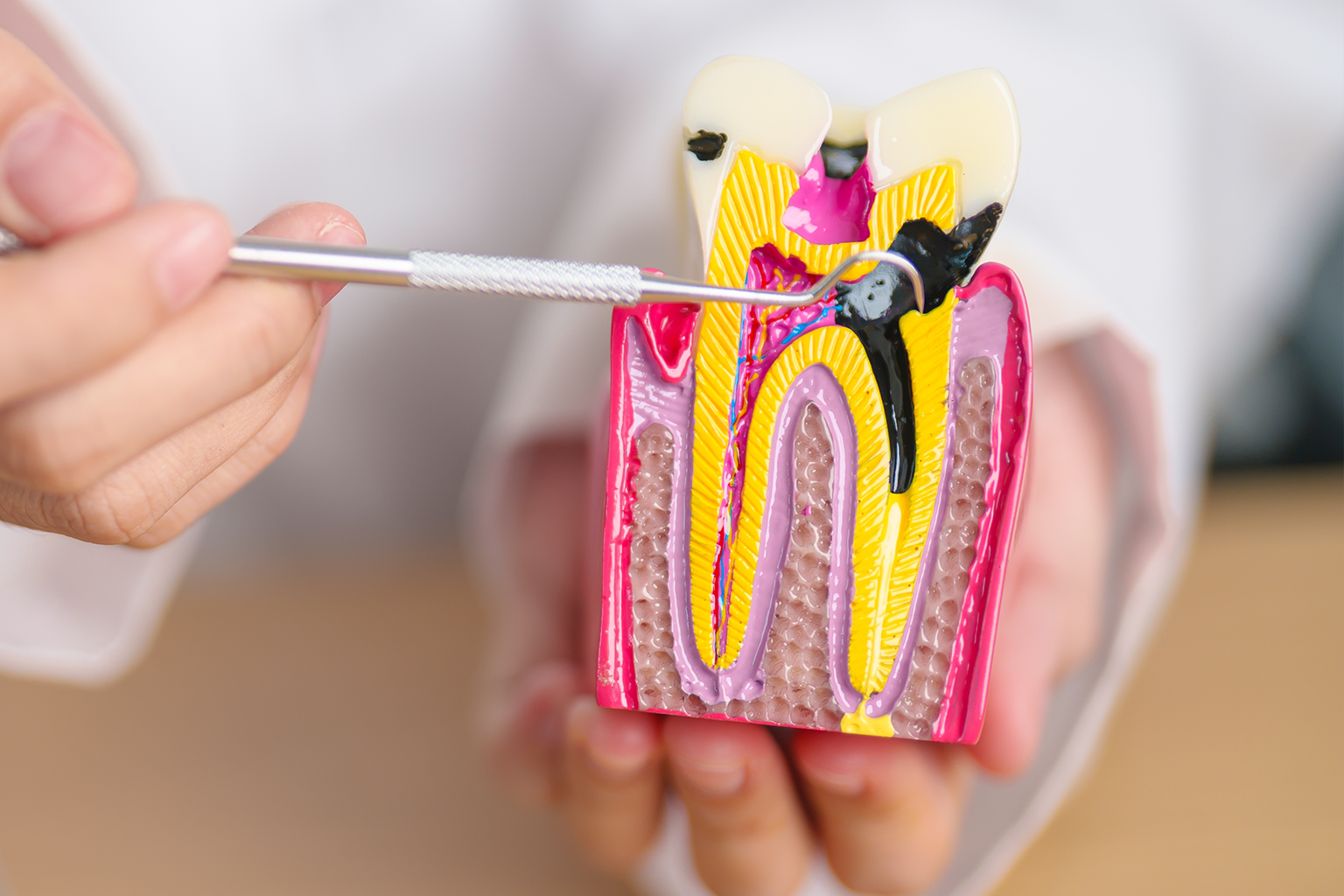 How Can You Naturally Save Your Teeth?
How Can You Naturally Save Your Teeth?
While professional dental treatments like root canals are essential for saving severely damaged teeth, adopting good oral hygiene practices can help prevent the need for such interventions. Here are some natural strategies to maintain your dental health:
Maintain a Rigorous Oral Hygiene Routine
Brushing your teeth at least twice a day with fluoride toothpaste and flossing daily removes plaque buildup that can lead to cavities and gum disease. Regular brushing and flossing are the first lines of defense in preventing tooth decay and maintaining overall oral health.
Healthy Diet Choices
A balanced diet rich in vitamins and minerals supports strong teeth and gums. Limiting sugary and acidic foods and beverages can reduce the risk of cavities and enamel erosion. Incorporate foods high in calcium and vitamin D to strengthen your teeth and bones.
Regular Dental Check-Ups
Visiting your dentist regularly for cleanings and check-ups allows for early detection and treatment of potential issues. Professional cleanings remove tartar that cannot be eliminated through brushing and flossing alone, and routine exams can catch problems before they become severe.
Avoid Harmful Habits
Smoking and excessive alcohol consumption can negatively impact your oral health, increasing the risk of gum disease and tooth loss. Quitting these habits can improve your dental and overall health significantly.
Use Natural Remedies
Certain natural remedies can complement your oral hygiene routine. For example, oil pulling with coconut oil may help reduce bacteria in the mouth, and using herbal mouthwashes can provide additional antibacterial benefits. However, these should not replace standard dental practices but rather serve as supplementary measures.
 Benefits of Choosing Root Canal Treatment
Benefits of Choosing Root Canal Treatment
Opting for a root canal offers numerous advantages that extend beyond merely saving a tooth:
Pain Relief
One of the primary benefits of a root canal is the relief from persistent tooth pain caused by infection or inflammation. By removing the source of pain, the procedure enhances your comfort and quality of life.
Preserving Natural Tooth Structure
Maintaining your natural tooth helps preserve the surrounding teeth and jawbone structure, ensuring a balanced and functional bite.
Cost-Effective Solution
Compared to alternatives like dental implants or bridges, root canal treatment is often more affordable while providing long-lasting results.
Quick and Efficient
Modern root canal procedures are efficient, often completed in one or two visits, minimizing disruption to your daily routine.
Enhanced Oral Health
By eliminating infections and preventing the spread of bacteria, root canals contribute to better overall oral health, reducing the risk of further dental complications.
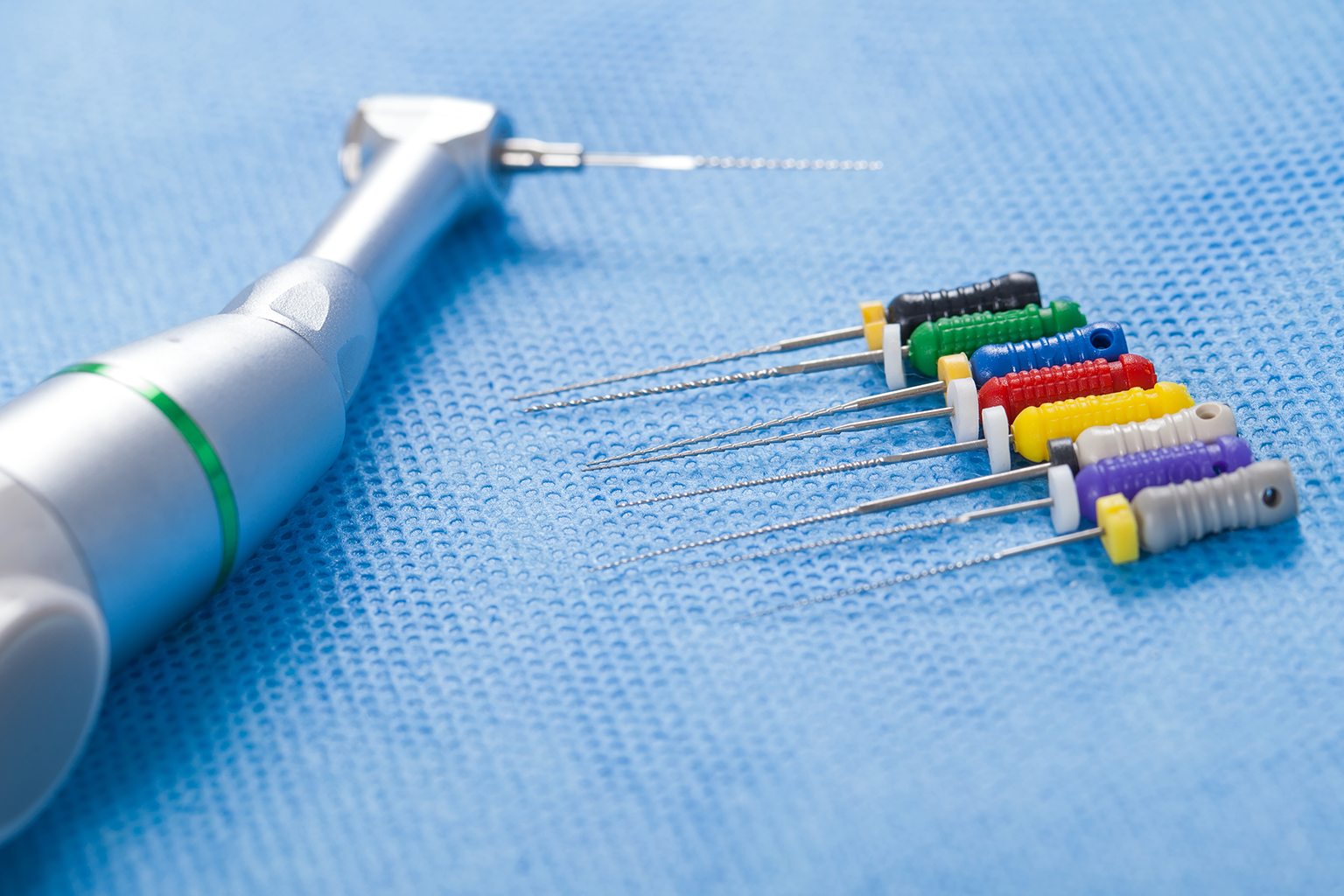 Maintaining Your Tooth After a Root Canal
Maintaining Your Tooth After a Root Canal
After successfully undergoing a root canal, proper care is vital to ensure the longevity of the treated tooth:
Follow Post-Treatment Instructions
Adhere to your dentist’s guidelines regarding oral hygiene, diet, and any prescribed medications to promote healing and prevent complications.
Regular Dental Visits
Continue with regular dental check-ups and cleanings to monitor the health of the treated tooth and maintain overall oral hygiene.
Protect Your Teeth
Avoid chewing on hard foods or using your teeth as tools to prevent damage to the treated tooth. Wearing a mouthguard at night can protect against grinding and clenching.
Maintain Good Oral Hygiene
Consistently brush and floss your teeth to prevent plaque buildup and maintain the health of your remaining teeth and gums.
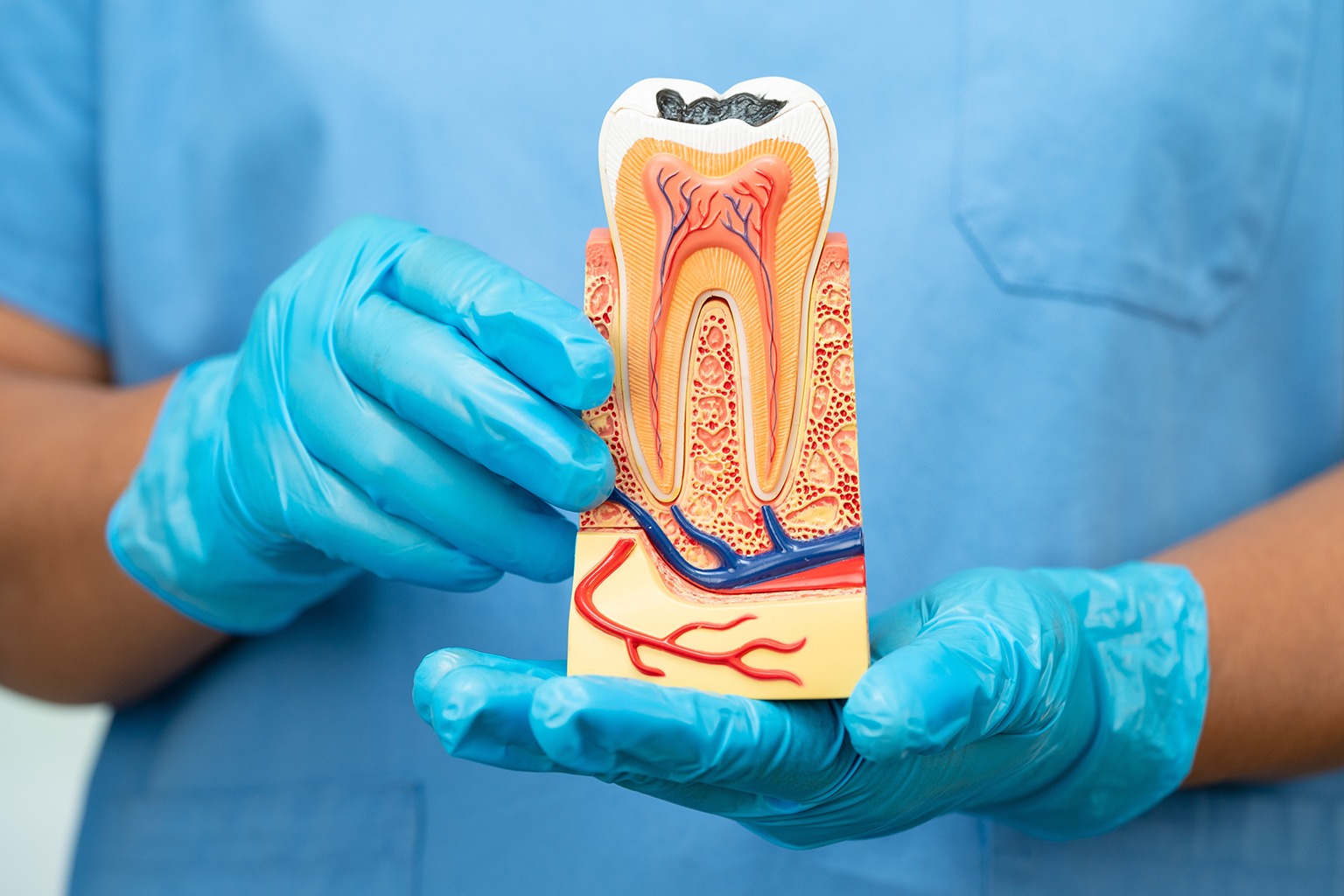 Conclusion
Conclusion
A root canal is a highly effective treatment for saving a damaged or infected tooth, offering numerous benefits that preserve your natural smile and overall oral health. By addressing dental issues promptly and choosing to save your tooth, you invest in your long-term dental well-being. If you’re experiencing tooth pain or suspect you may need a root canal, don’t hesitate to reach out to our experienced dental team. We’re here to provide compassionate, professional care tailored to your unique needs.
Take the first step towards a healthier smile today—schedule an appointment with our dental experts and let us help you save your tooth!

